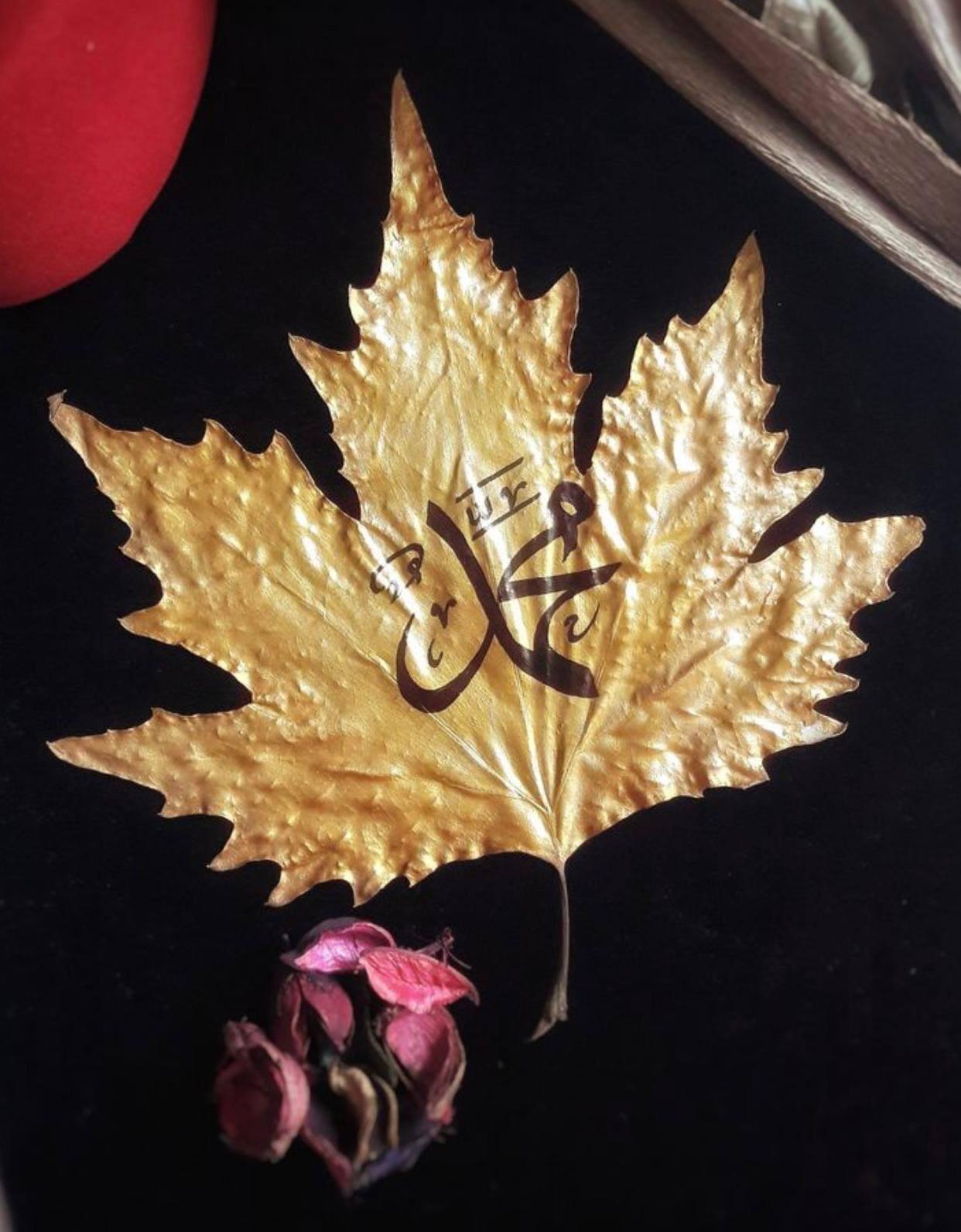There’s been something I’ve wanted to talk about for a long time and I’ve stopped myself previously (believe it or not!) because it can be awkward and somewhat embarrassing for all parties involved. But, I think it’s getting too much now.
We live in an era where we have various modes of communication and socialising – WhatsApp, Instagram and Facebook to name a few. Whilst communication mediums have increased, the actual communication has decreased.
I’m talking about BASIC communication levels. Let’s cut to the chase. We’re talking small businesses, one-man teams, juggling everything yourself. Now, when people make enquiries regarding certain items, whether that be via phone call or a message – please speak properly, speak clearly. When you have then received the information you queried for, whether you book them or not, place an order or not, a simple thank you does not go amiss because the person has taken the TIME out to reply to your message, has taken the TIME out to draw up a quote, has taken the TIME out to make calculations, has taken the TIME out to get their diary out and look for you. I repeat this is basic etiquette.

Secondly, a lot of small businesses do not take upfront deposits when making bookings/scheduling sessions (especially the ones who are in the ‘deeni’ field). Why? Because 100% people will say ‘Mawlana Saheb’s greedy’, ‘Mawlana saheb loves the money’ etc (Mawlanas can’t make money, remember? ?) So, with that in mind, please DO NOT take the mick by cancelling haphazardly last minute.
Let me break down the repercussions of these types of cancellations. Person A cancels on the day. In order to fit Person A in, an out of town trip was postponed, an essential shopping trip was pushed back, random house jobs were left unfinished but now Person A has cancelled, everything’s messed up. TIME has been messed up.
We might be small businesses but we have lives too and cancellations make a BIG difference to our life.
Don’t get me wrong, cancellations can sometimes be inevitable, we understand that, but ask yourself twice, thrice before texting/calling to cancel (especially on the day!) because the chances of that one cancellation messing our whole day’s routine, plan and structure (not to mention MOOD!) is very likely.
Which goes back to the deposit-taking. One can’t help but think that had we asked for a deposit, would they have valued my TIME more? Would they have been less selfish and thought about the gaping hole that their cancellation has left slap bang in the middle of the day which means we now can’t do this nor that.
Time is money. We’re not greedy for the money but yes, I will shamelessly say, we are greedy for our time. Please don’t waste our time because it’s in your hands.
Ismail ibn Nazir Satia (one who is in dire needs of Allah’s forgiveness, mercy and pleasure)
1 Muharram 1442




 T Is for Taqwa – the foundation of a successful marriage. Fearing Allah allow both parties to live in harmony.
T Is for Taqwa – the foundation of a successful marriage. Fearing Allah allow both parties to live in harmony.
